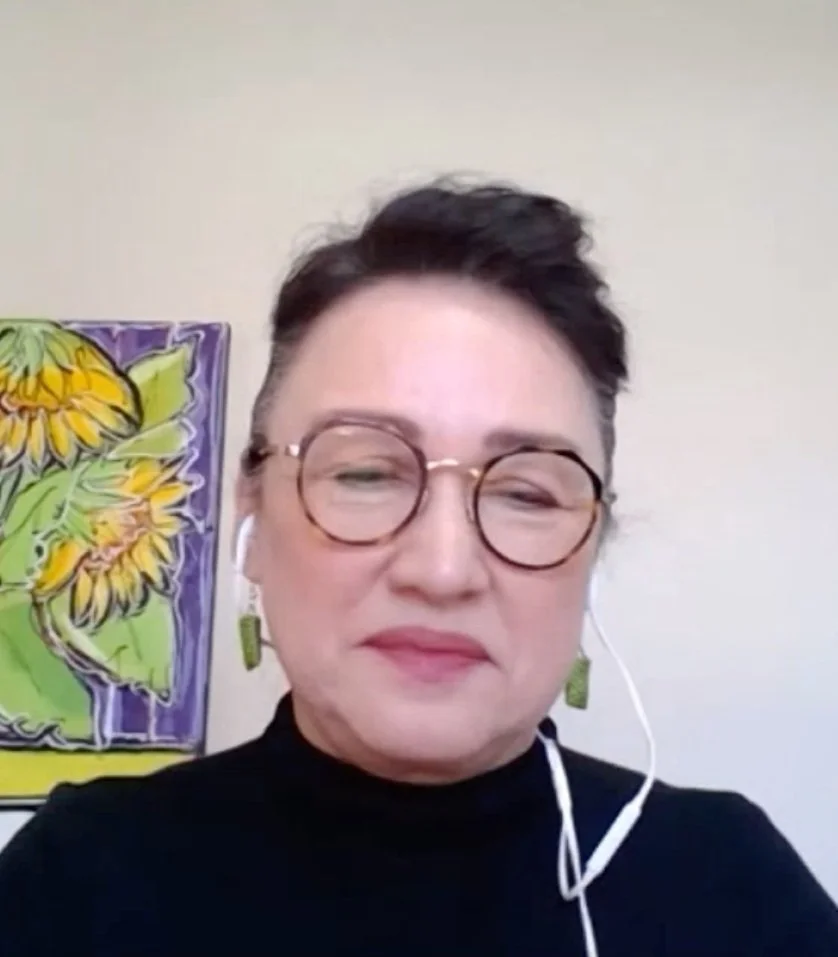Module 6
Culture &
Inclusion
-
George Abbott has enjoyed a long and distinguished career in politics and public service. Most recently, he was BC’s Minister of Education (2010-12), successfully launching such initiatives as the BC Teachers Council, the BC Education Plan and full-day kindergarten.
George also served as Minister of Health for four years (2005-09). His leadership in prevention, primary care, acute care, pharmaceutical management and health practitioner regulation helped establish BC as a leader in Canadian health care. He also served as Minister of Aboriginal Relations and Reconciliation (2009-10), Minister of Sustainable Resource Management (2004-05) and Minister of Community, Aboriginal and Women’s Services (2001-04). From 1996 to 2001, George served as Deputy House Leader for the Official Opposition.
On George’s retirement, columnist Gary Mason of the Globe and Mail stated, “Abbott will go down as one of the most effective government ministers of the last three decades – or longer. Top notch in every way.”
Prior to his election to the Legislature, he served for 17 years in local government including as Director and Chair of the Columbia-Shuswap Regional District and as a Councillor at the District of Sicamous.
George was a Sessional Lecturer in Political Science at Okanagan University College from 1980 to 1996. He is currently a Sessional Lecturer at the University of Victoria and recently completed his PhD in Political Science.
-
Debra Christmas is a seasoned leader in the high-tech field. Her 40 plus year career has encompassed sales, consulting, support channels and managing all aspects of information technology. Prior to joining Gartner Canada, Debra was Vice President of Hewlett-Packard Software Technical Sales for North and South America. She has led IT organizations in both the public and private sectors driving change and transformation through engaged, diverse and high-performance teams around the world
Her current role as Senior Executive Partner, Gartner Canada based in Toronto, Ontario provides her the honour and privilege of working with senior leaders – both technology and business focused - on their strategy, execution of their initiatives, organizational challenges and their own professional development.
She is the co-author of Please Stay: How Women in Tech Survive and Thrive released in the fall of 2020. Debra is also the founder of Stiletto Gladiators, a not for profit organization delivering mentorship services, leadership assessment, development and diversity coaching and a co-founder of Women in Tech Tribe, focused on helping women in technology excel in the field.
She has contributed to her profession through years of service to the Canadian Information Processing Society chairing local chapters in Kingston and Ottawa and was Vice President of the Municipal Information Systems Association during her tenure in the public sector.
-
Joy Cramer is a member of Sagkeeng First Nation with maternal ties to Sandy Bay First Nation. Joy is currently building on her MBA and is completing her Ph.D. in Business Administration at the Paris School of Business and recently completed certification as a First Nation Tax Administrator. Joy works for the Southern Chiefs' Organization as its Chief Executive Officer, serving the 34 First Nations in southern Manitoba.
Joy is a member of the Institute of Corporate Directors and has completed the Directors Education Program and several leadership programs. As a public servant, highlights of her external roles include appointments as a member of the; Manitoba Centre for Health Policy, Poverty Reduction Council of Winnipeg, and the United Way's Winnipeg Homelessness Task Force.
Formerly, Director of Indigenous Graduate Programs with the Beedie School of Business at Simon Fraser Univerity, Joy managed the MBA program in Indigenous Business and Leadership and executive education. She led the international academic partnerships with the USA, New Zealand, and Australia. Joy was the moderator for the Vancouver Board of Trade for the address of Assembly of First Nations National Chief Perry Bellegarde and was the host moderator for a conversation with the Right Honourable Paul Martin to discuss advancing reconciliation through education.
During her time as a public servant with the provincial government, Joy served as Manitoba's Deputy Minister of Families, Deputy Minister of Housing and Community Development, and Chair, Co-op Loans, and Loans Guarantee Board, and by special appointment was the lead Deputy Minister for the 2011 Flood impacted First Nations.
In her role as Assistant Deputy Minister of Housing and Employment Income Assistance and Chief Executive Officer of the Manitoba Housing Renewal Corporation, Joy was successful in proposing and undertaking the most extensive overhaul of public housing history and introduced a resident-centered approach to service, supporting over 80,000 residents across Manitoba. In addition, during her time with Manitoba Housing, she led the revitalization of neighborhoods and housing in areas of need, such as Winnipeg's inner city. In her commitment to downtown revitalization, she amalgamated the Winnipeg Housing offices into one location, bringing 400 staff to work downtown. Joy has served as the Director of Child Welfare for Manitoba and led numerous compliance and administration roles while at the Child Protection Branch.
During her time in Toronto, she acquired wide-ranging experience in the non-profit sector and continued to develop her expertise in the social services sector with the Assembly of Manitoba Chiefs before beginning a career with the Manitoba government.
In her community volunteer capacity, some highlights include board and committee volunteerism with Winnipeg Child and Family Services, Riverview Health Foundation, Manitoba Special Olympics, Toronto Children's Aid Society, and she is a founding board member for Aboriginal Legal Services of Toronto. Joy is currently on the Board with the Children's Hospital Research Institute of Manitoba and is Vice-Chair and a member of the Audit Committee. She is a Director with the Canadian Red Cross and is a member of the Quality Committee. Joy was recently appointed to the Departmental Audit Committee with Veterans Affairs Canada.



